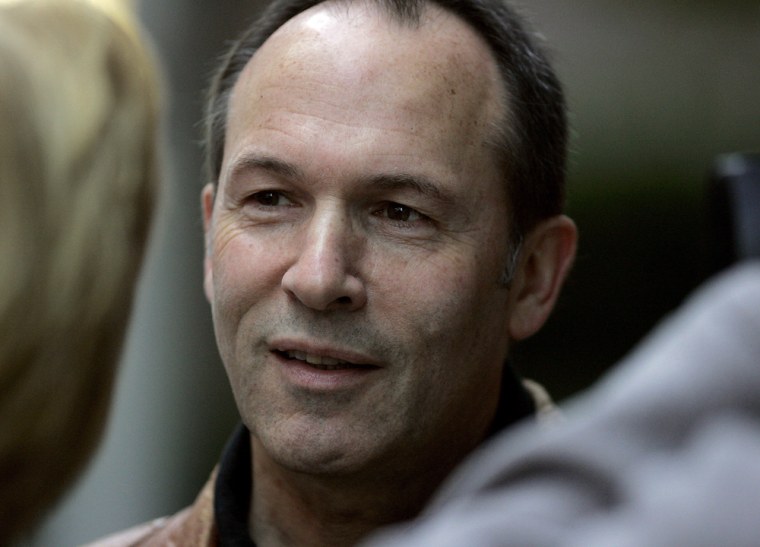A lawyer for eight families urged a federal judge on Friday to overturn a policy that requires the discussion of “intelligent design” in biology classes, saying it improperly promotes religion in schools.
But a lawyer for the school board defended the policy, explaining that it was intended to call attention to a new “science movement.”
The families’ attorney, Eric Rothschild, said the concept promotes the Bible’s view of creation by saying some features of organisms are so complex that they are best explained as the products of an intelligent agent rather than natural selection.
“Intelligent design became the label for the board’s desire to teach creationism,” Rothschild said in closing arguments.
Patrick Gillen, a lawyer for the Dover Area School Board, argued that the concept was intended to call attention to “a new, fledgling science movement.”
The policy requires students to hear a statement about intelligent design before ninth-grade biology lessons on evolution.
The statement says evolutionary theory is “not a fact” and has inexplicable “gaps.” It refers students to a controversial textbook, “Of Pandas and People,” for more information.
The school district’s policy “has the primary purpose and primary effect of advancing science education,” Gillen said.
Eight families are suing to end the practice, saying it violates the constitutional ban on the state establishment of religion.
The lawyers wrapped up a six-week trial that featured expert witnesses for each side debating intelligent design’s scientific merits. Other witnesses clashed over whether creationism was discussed in school board meetings months before the curriculum changed in 2004.
Federal Judge John E. Jones III said he hoped to issue a ruling no later than January.
Earlier Friday, the defense concluded its case with testimony from University of Idaho microbiology professor Scott Minnich, who supports discussing the concept in high school science classes.
Minnich said under cross-examination that articles supporting intelligent design are not found in the major peer-reviewed scientific journals because it is a minority view.
“To endorse intelligent design comes with risk because it’s a position against the consensus. Science is not a democratic process,” he said.
The plaintiffs are represented by the American Civil Liberties Union and Americans United for Separation of Church and State. The school district is being represented by the Ann Arbor, Mich.-based Thomas More Law Center, which says that its mission is to defend the religious freedom of Christians.
The attorneys on either side of the case may appeal the judge's ruling it goes against them.
